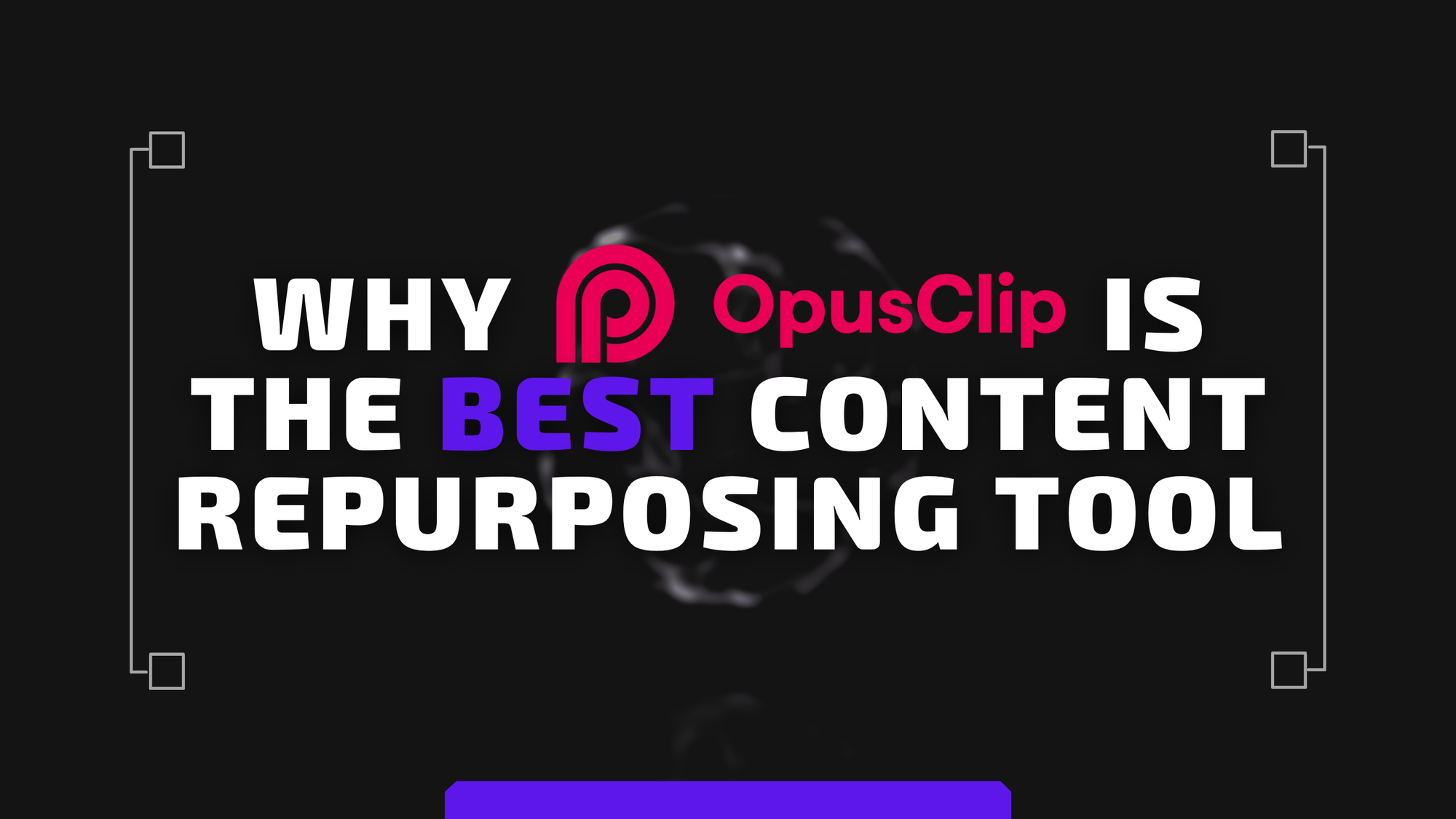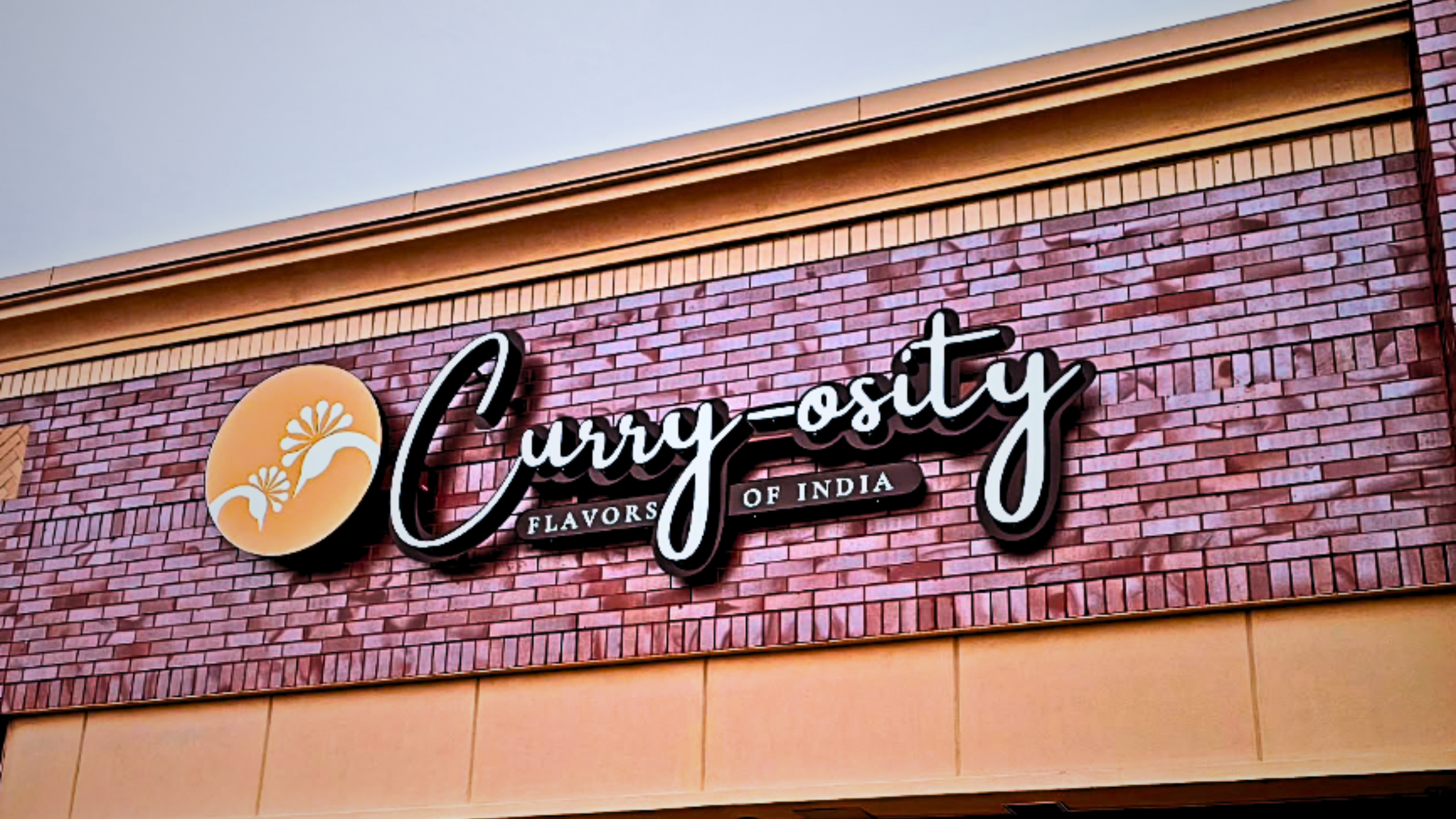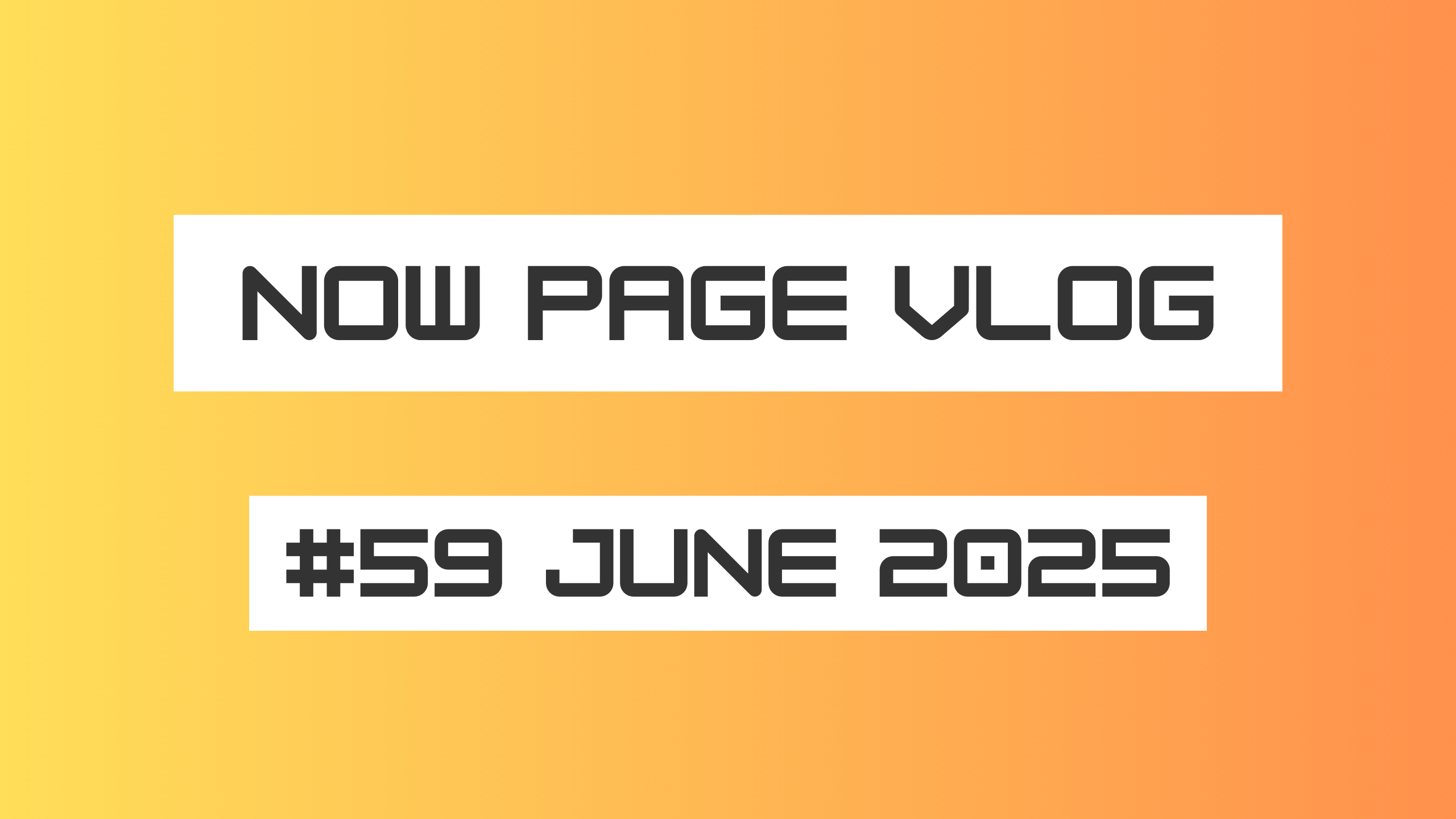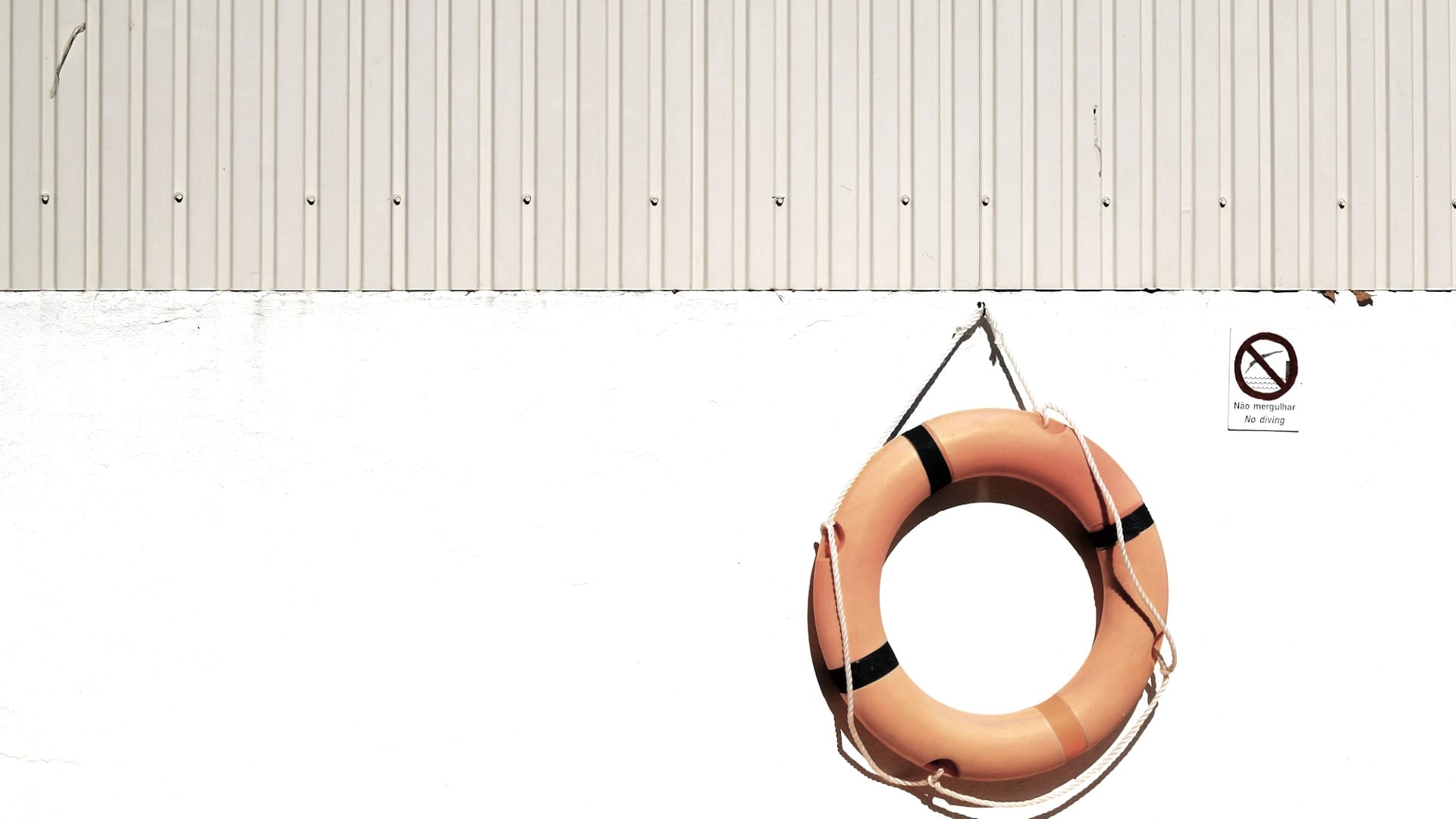Sparking from the shock that was covid-19 pandemic, the life of students changed forever. I am perfectly comfortable stating that because even now two years later; People are still trying to climb themselves into a better situation than they were before.
This goes for anyone (student, work force, retirees, etc), but I feel really hits the students even harder. Housing market is garbage/expensive, degrees are more worthless than ever, loans are out of control, the great resignation has lead to a weirdly difficult time getting jobs, and overall some people are even still recovering physically. Such as in the case of the cardiovascular strength.
This leads the question that a lot of people were asking, and still are, is college worth it?
Colleges and Universities Response to Covid
Students flock to university every year to escape their previous life, and get a new start in their blossoming youth. This marks the time where they get to experiment, network, learn, drink (to is their own), and even experience a bit of adulthood.
Yet, when covid hit, then everyone was sent home.
Zoom Classes
I've been taking courses on Coursera since they came out essentially, and also took a modern online course with top digital designers making school's platform. Yet in both cases it wasn't fully on par with what students really need. Let it be known that a huge majority of all colleges who still held classes; Simply used zoom as a means to group students and teachers.
Making it essentially viable for you to not even turn on your camera, and pretend to be in class. Students did not learn, and they wasted an extreme amount of money.
Yet Full Tuition
Even though schools were failing miserably to adapt to the new world, they were still charging the same ridiculous rates. However that did not stop them from losing billions of dollars for vast amounts of reasons. It was projected that 345 universities wouldn't make it through covid. While I couldn't find an exact number, there has been vast amounts of closures due to the changes to enrollment.
Note: Students in a massive effort also started suing schools for their tuition back, as they felt it was not up to the par of what they were paying. They were right, and many schools flat out said no.

The Opportunity Cost of College
Look let me tell you that I really don't regret for one second choosing years of self-development over college. You might think that is great, but now you don't have a degree to get a "good job". Conversely I may state that I have probably taught over 1000 people how to swim to varying degrees, taught hundreds of water aerobics classes (which when I left they all were extremely grateful for the time spent with them), I got to choose my own hours for the most part, and I have worked almost two dozen roles for half a dozen employers.
A sheer greater amount of experience than the university student. Not to mention throughout this whole time I have been creating content, and building out my personal brand. Which a PB is thought to be the next iteration of the modern resume or CV.
When you go to college you choose to spend your time "learning", instead of going out to the world sooner. I also tell people too to take a gap year after secondary school, for it is probably way more effective at getting you to learn new things than gen eds. Not to mention you need a break after 12 years of schooling.
Tens if not Hundreds of Thousands of Dollars in Debt
Colleges and universities over the past four decades, especially in the U.S., have been exponentially increasing their prices. From tuition to room and board, they all have been vastly going up in cost.
Making it all more apparent too when students were sent home during quarantine, and STILL HAVING TO PAY for the same costs. In most cases they were paying for room and board, when they weren't even staying in those dormitories.
Multiple Years Wasted
Yes I said wasted, for most students are getting liberal arts degrees or other non-hard disciplines. I'd be the first to tell you chase after your passions, or even take an interdisciplinary approach (a major factor in why students choose liberal arts). However if you aren't a doctor, lawyer, or engineer, then most of those degrees are going to be worthless in the end.
A bold stance to take, but it is true. Most degrees MAY get your foot in the door, but they lack any sort of grounding in showing an employer what you are REALLY capable of. They find that out for themselves in your interview, as well as on the job.
Especially in the tech company world, they would rather you spend those four years interning or working for MULTIPLE companies to get experience over education. Sure you need a skill, but who is to stop you from learning that online.
What about the Benefits?
Look for as much as I give college crap for "not being worth it", there are things that make it worth it. Not even considering the fact you have to have it for being a doctor or lawyer, some programming roles require now, and overall you are bound to learn more in an environment conducive to it.
I would argue that you should make a space at home for learning, same as you would for a work from home situation, but I digress.
Having a prestigious school behind your name, the wealth of connections you get from college (I can't speak on how useful those are in the actual workplace however), and overall the feeling of being around innovation.
Social Skills and Networking
I do envy the fun of college life, being able to be surrounded by people interested in the same thing you are, the life of the various parties, etc. I actually thought to myself in my early 20's had I actually gone to college after high school like everyone else, that I would probably be the guy partying my years away. I'm a social person, with a gregarious nature, and that would have probably blossomed in that environment. For better or for worse!
Critical Thinking
Honestly I have to say I learned more about this subject while I was IN college for a short time. However it was more because I was shown what I needed to learn, and I ended up spending a lot of time on my own watching YouTube on the subject. In fact I had actually spent a fair amount of time PRIOR to the schooling on the subject. Meaning a lot of the topics that was taught I had some grounding in already. However it is a mixed bag, yes it was quicker in school, but also plenty viable outside of it.
Social Mobility
Look I get it, I am a straight white male, and that makes a difference on how I am treated in society. I can't stand inequality, but I do know how the current social norms operate. If I was a minority, or some other factor, then I would have had a harder time. I did grow up poor, and we never rose up in the social standing. I had to pay for my own apartment moving out, as you do in most cases, as well as earn enough money to pay my bills.
I get the fact that had I gotten a college degree it may have been easier to get a job years ago. I would argue now that it is not the case, as people WITH degrees are failing to find a job (and not for a lack of trying either). In the late 1900's it was normal to get a degree, and then climb out of poverty. Not anymore.
A lack of Reward, and a rise in Penalties
Something Hasan says in the video is that the reward for getting a degree used to be better. Nowadays it is almost not there, but the penalty for NOT having one has gotten ever larger.
One of the benefits would be to get a quality education, but the problem is the learning is getting worse. Not only is a lot of the information out of date by the time it gets to students, but it could be useless all together. Take any programming or digital marketing education, by the time any sort of educational material can be created then accredited, then it finally gets to the students out of date. With marketing changing so rapidly, or coding frameworks, they change practically every quarter. Students are expecting the best, but getting the worst.
Let alone a lack of quality instructors, and getting replaced with less experience or even freelanced professors.
The Pro's don't Outweigh the Con's
There are just too many to count in the negative category, and plenty of alternatives for all of the positives. I mean for programming alone there are probably a 1000+ bootcamps out there, let alone all of the countless courses across all education platforms.
For programming and digital marketing in particular, two very modern fields, they are changing so rapidly that a college degree would actually put you BEHIND the self-taught person. Social platforms, SEO, Javascript, etc; They all change so fast, new frameworks or updates come out, that in the end by the time they even get to the university after accreditation they are expired.
So schools are slow, expensive, and don't really lead to many rewards in the end. Don't get me started on the debt!
![Official Website for Dustin Miller PolyInnovator [LLC]](https://polyinnovator.space/content/images/2025/03/polyinnovator-logo-2024.png)











